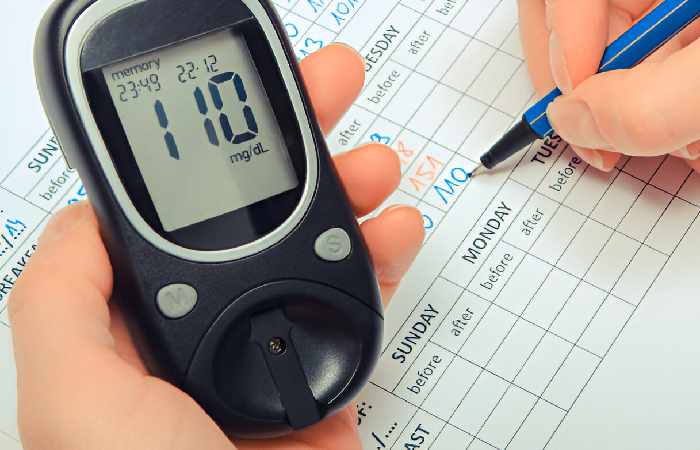Five Steps to Managing Diabetes
Diabetes is a chronic health form, and managing it can be a challenge. Many healthcare experts worldwide have corroborated that it is a modern epidemic. One of the most efficient ways to control it is to keep the blood sugar levels as close to normal as possible.
If you are diagnosed with diabetes, managing may seem overwhelming, especially if you don’t know how to or where to start. To help you, we have listed down a few valuable tips for diabetes management and for beginning your journey toward keeping your blood sugar levels under control and leading a healthy life.
Table of Contents
Monitor your blood Sugar Levels

One of the critical features of managing diabetes is monitoring your blood sugar levels. Your doctor may have set a daily or weekly schedule to test the blood sugar level, but adding an extra check-up would help. Doing a spot check will give you a better sense of how the blood sugar has fluctuated. You can use this information to adjust your exercise and dietary habits and manage your diabetes better.
Manage your diet

Another effective way to manage diabetes and control blood sugar levels is by watching what you eat. It also helps in cutting the risk of several diabetes-related complications. If you are diagnosed with type 2 diabetes, you must be wary of your carbohydrate consumption and reduce your caloric intake. A good diet certified by a dietician can help you control weight gain, blood lipid levels, and blood glucose levels.
Exercise
The importance of consistent exercise for healthy living cannot be understated, and it is even more critical for diabetes patients. If you are diagnosed with diabetes, you must aim for at least 30 minutes of exercise every day.
Exercise does not necessarily mean you must lift heavy weights in the gym, but simple activities like brisk walking, swimming, jogging, skipping, or running are enough. But consistency is the key. It would be best if you exercised regularly. It not only improves the body’s use of insulin and lowers blood sugar levels but also helps reduce body fat and improves stamina.
You can also engage in a hobby that requires physical activity and connection with nature, e.g., gardening or pets. A 15-minute meditation to calm you before you sleep works wonders at balancing many of your vital parameters.
Take your Medications on Time.
It may seem like an obvious thing to do, but many people overlook this critical step. ‘My sugar levels are normal, and I don’t need to take pills.’ ‘Once I start taking pills to control diabetes, I will be addicted to it.’ These are some common reasons people cite to avoid taking diabetes medications. But, the truth is that the medicines play a critical role in glucose control.
The doctor may prescribe different types of medication, and they work on other parts of the body. For example, a kind of medication may be for the pancreas to stimulate insulin excretion. Another pill could break down fat and muscle cells and make them insulin-sensitive.
Have a close Support System.
Diabetes is a multifaceted disease. And managing it successfully requires a lot of dedication and support from your doctor, nutritionist, nurse, and friends and family. Healthcare experts suggest that people who have close social and family support are more likely to stick with their diabetes care plan and recover faster than those who fight the disease all alone.
So, staying connected to your friends and family is best advised, where people can constantly motivate and encourage you to overcome the disease while keeping you on track on the recovery path. Finally, make sure that you consult your doctor frequently and never miss your appointment.






